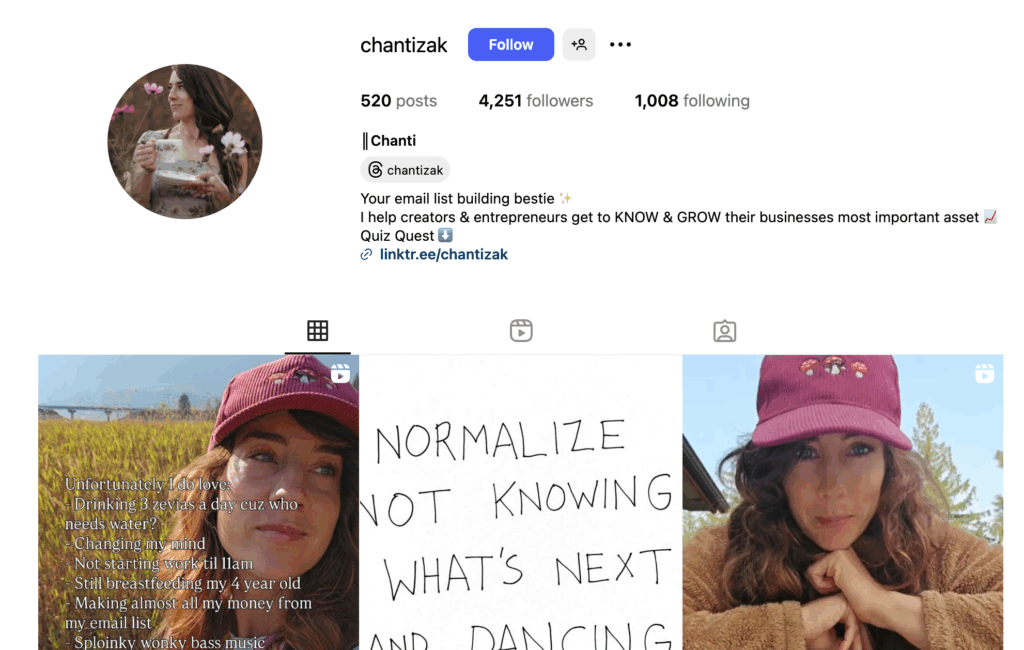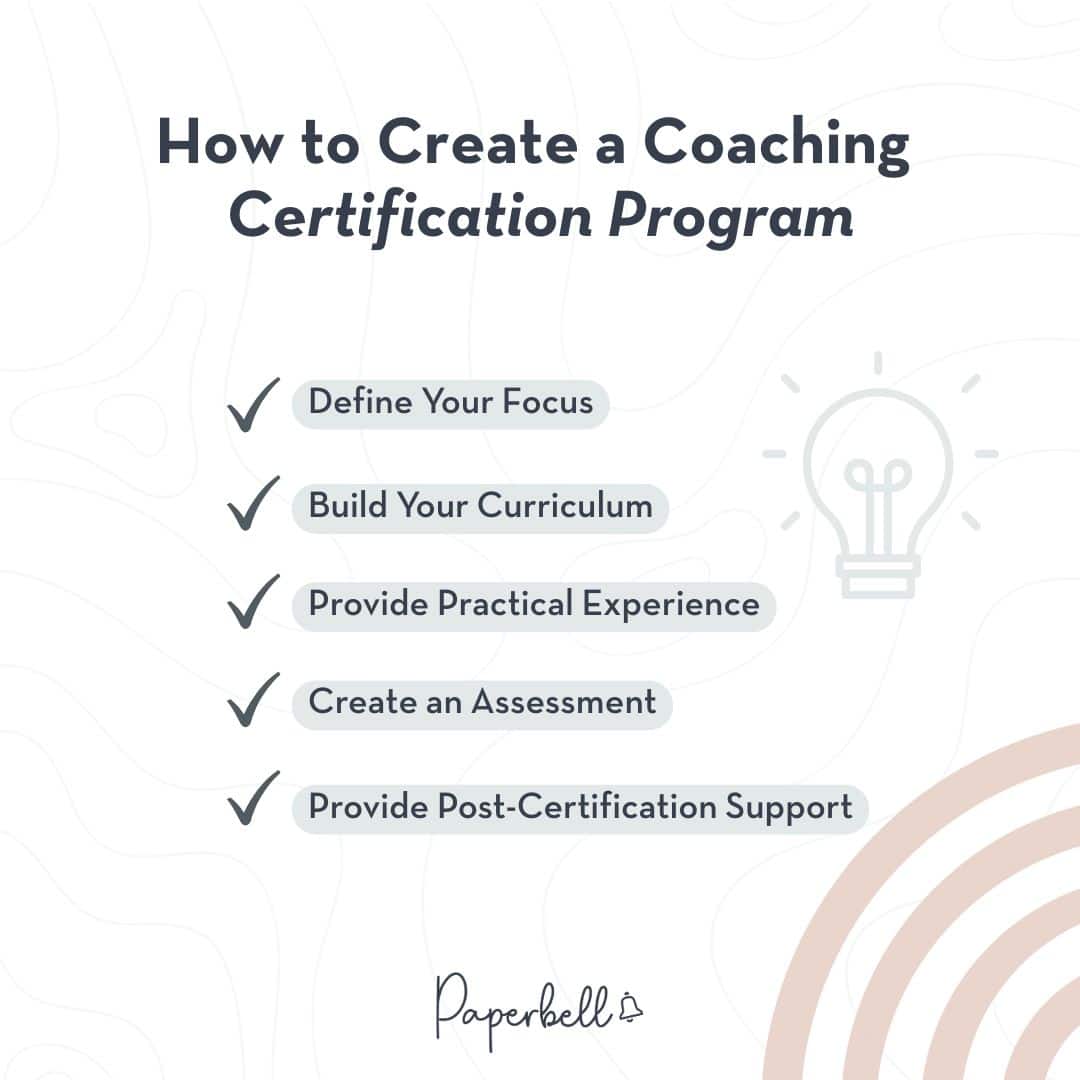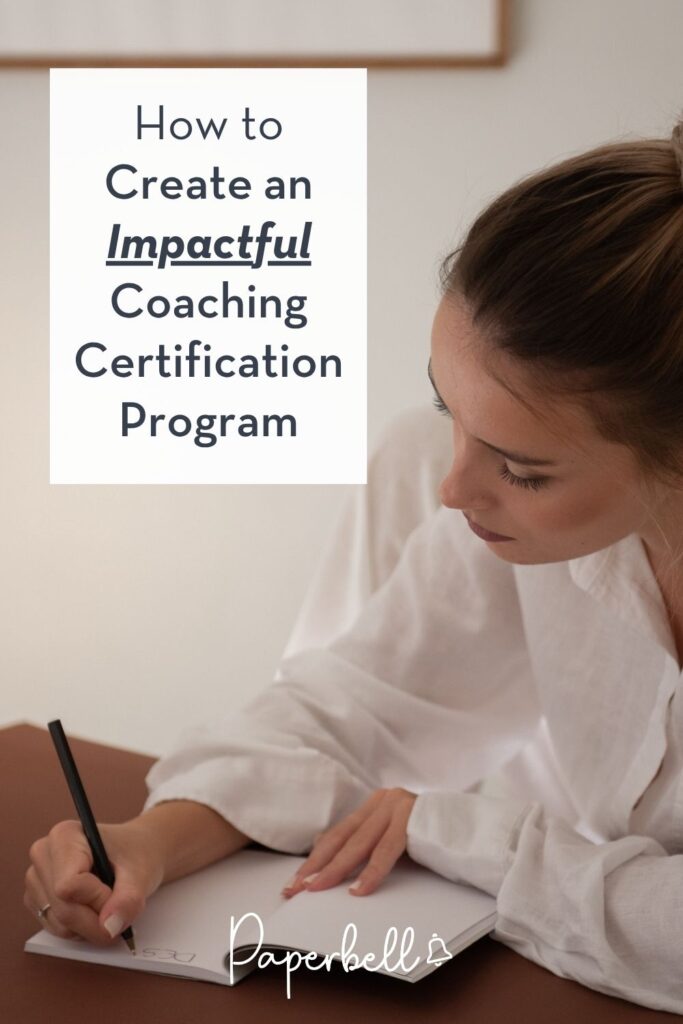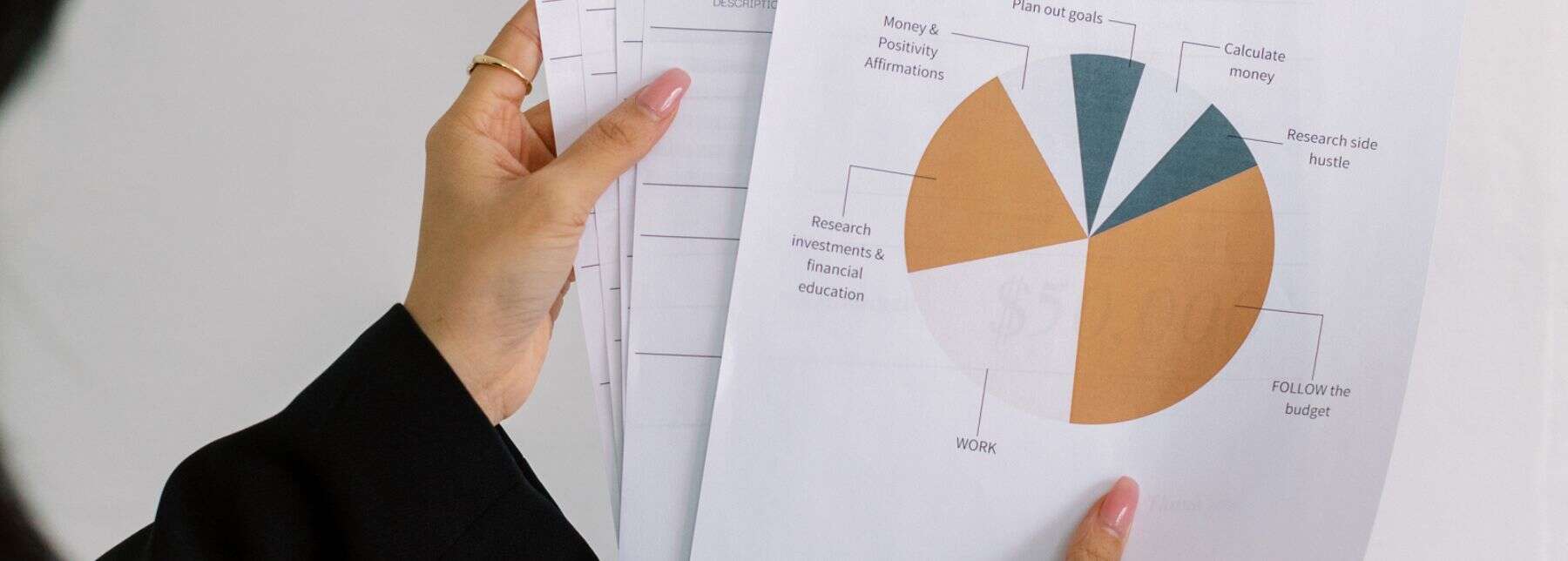Creating a coaching certification program can be a powerful way to grow your business and extend your impact. It allows you to share your methods with other coaches, build credibility in your niche, and open up a new revenue stream.
In this guide, we’ll cover:
- What a coaching certification program is
- Why you might want to create one
- Who can create a certification program
- How to design and launch your own
What Is A Coaching Certification Program?
A coaching certification program is a structured training pathway that equips aspiring coaches with the knowledge, skills, and credibility to begin working with clients. Unlike informal workshops or one-off courses, certification programs are designed to provide comprehensive training that covers both theory and practice.
Most programs combine three core elements:
- Foundational learning: Trainees study coaching principles, models (such as GROW), ethics, and methodologies that form the backbone of professional coaching.
- Practical experience: Participants practice coaching in real or simulated sessions, often followed by feedback from mentors or trainers.
- Assessment and feedback: Students demonstrate their skills through observed sessions, reflective exercises, or exams to show they can apply what they’ve learned.
While the exact structure varies by program, the goal is the same: to prepare participants to coach confidently and competently.
Pro tip: While you’re training or coaching others, Paperbell runs your business from bookings, contracts, payments, and even your website.
How Certification Works
Some coaching certification programs are accredited by professional bodies like the International Coaching Federation (ICF). In these cases, trainees usually need to complete additional steps to receive formal certification, such as:
- Logging a required number of practice coaching hours
- Working with a certified mentor coach
- Completing a skills assessment
- Passing a written or oral exam
Not all programs include these steps in full, so it’s important to check what kind of certification or accreditation is attached before enrolling. A strong program will not only teach coaching skills but also guide participants through the requirements needed to qualify for recognized credentials.
Why Create Your Own Coaching Certification?
Moving from being a coach to training other coaches is a bold move. Here’s why it may be worth the effort.
1. Grow Your Brand
Your certification program is like your signature. Every coach who completes it learns your methods and carries your approach into their own work.
That means your influence extends well beyond your direct clients. Over time, their testimonials and results showcase your philosophy too, multiplying the visibility of your brand.
2. Shape the Future of Coaching
With your own program, you get to decide what skills and principles matter most. Maybe that’s active listening, accountability, or something specific to your niche.
The structure and values you build into it become part of how the next generation of coaches works. It’s a powerful way to leave your mark on the industry.
3. Create a New Revenue Stream
Coaching clients one-on-one is rewarding, but there’s a ceiling to how much you can scale. A certification program brings in a new audience: people who want to learn your methods.
For example, if you’re a parenting coach, you can keep helping parents directly while also training coaches who want to specialize in the same work. It’s growth in both reach and revenue.
Who Can Create a Coaching Certification Program?
So, can anyone launch a coaching certification program? Technically, yes. Coaching isn’t a regulated industry, which means anyone can put together a program, build a sales page, and start calling it a certification.
The real question is: should you?
There are two very different paths here:
The first one is creating an accredited program.
If you want your certification to be recognized by organizations like the International Coaching Federation (ICF), you’ll need to follow their guidelines and go through their accreditation process. This can take time, especially for higher levels of approval.
The second is creating your program independently.
If you’re building your own from scratch, you can technically design it however you like.
The catch? Credibility.
Coaches often pursue certification not only to learn but also for the authority that comes with the credential. If your program isn’t backed by strong brand recognition, it’s harder to attract participants.
So what makes an independent certification valuable? Usually, it comes down to either establishing authority or a clear incentive.
Take Chanti Zak, for example.

She became known for her quiz funnels and coaching. Her demand grew so high that she now charges $25k per project, which is too high for many of her potential clients.
To continue helping that audience, she created a certification for quiz copywriters who not only learn her methods but also get added to her referral list.

This way, everyone benefits:
- Chanti profits from a new revenue stream.
- Clients who can’t afford her get access to copywriters approved by her.
- Certified copywriters gain credibility and referrals.
You can apply the same principle to your own coaching business. Even if you don’t have ICF-level recognition, a certification program can still create value if you have a proven process and strong demand.
That said, if you’re still building your client base or haven’t established a repeatable coaching framework, it may be worth waiting before moving into certification.
How to Create a Coaching Certification Program

Launching a certification program comes down to designing clear training, building credibility, and supporting your students long-term.
If you want to create a program accredited by the ICF, follow these instructions.
If you prefer to build your program independently, here are the key steps.
Step #1: Define Your Focus
Decide what your certification will train coaches in. This should be an area where you already have proven success with clients, whether that’s life coaching, executive coaching, health coaching, or a smaller niche. Stick to your expertise so your program carries authority.
Step #2: Build Your Curriculum
Outline a complete learning path that covers:
- Coaching fundamentals
- The frameworks you use (like the GROW model)
- Your signature methods or processes
When you’re coaching clients, more isn’t necessarily better. However, now that you’re training other coaches, it’s important to be thorough.
The goal isn’t to get your students fast results but to turn them into qualified coaches who can be trusted to support clients on their journey of transformation.
Step #3: Provide Practical Experience
Coaching is learnt through doing, not just theory. Offer your students practical experience through:
- Practice coaching sessions with peers
- Role-play exercises
- Feedback from mentors or trainers
These elements help students apply what they learn before they work with real clients.
Step #4: Create an Assessment
Certification should mean more than just completing a course. Develop an assessment process that proves students can apply your methods.
A mix of theoretical tests and observed coaching sessions can help make sure your certificate is effective, not just a piece of paper.
Step #5: Provide Post-Certification Support
The more valuable programs don’t end when the certificate is issued. Offer graduates ongoing support, such as:
- A community of certified coaches
- Regular Q&A or mentorship calls
- Access to a referral list
- Continued education or resources
This extra step builds community, strengthens your reputation in the industry, and most importantly, helps your certified coaches succeed.
Grow Your Impact, Let Paperbell Handle the Rest
A certification program can open new doors for your business and help shape the future of your niche.
While you focus on building your program, Paperbell takes care of running your business.
It handles your website, bookings, payments, contracts, surveys, and automated emails. That way, you spend less time on admin and more time teaching what you do best.
Set up Paperbell for free with your first client and see how much smoother running your practice can be.
FAQ: Creating a Coaching Certification Program
How Do I Create My Own Coaching Program?
Define your focus, build a clear curriculum, add hands-on practice, include assessments, and provide ongoing support after certification.
How Do You Structure a Coaching Program?
Set clear goals, combine theory with practice, include feedback opportunities, and end with an assessment to confirm skills.
How Long Does It Take to Create a Coaching Program?
It depends on its complexity. Usually, anywhere from a few weeks to several months or more. Make sure you invest enough time in your program so it delivers real value.
What Is the Difference Between CPC and PCC?
Certified Professional Coach (CPC) is an entry-level certification, while Professional Certified Coach (PCC) requires more hours of training and experience. Both are recognized by the International Coaching Federation but offer different levels of expertise.

Editor’s Note: This post was originally published in September 2023 and has since been updated for accuracy.









